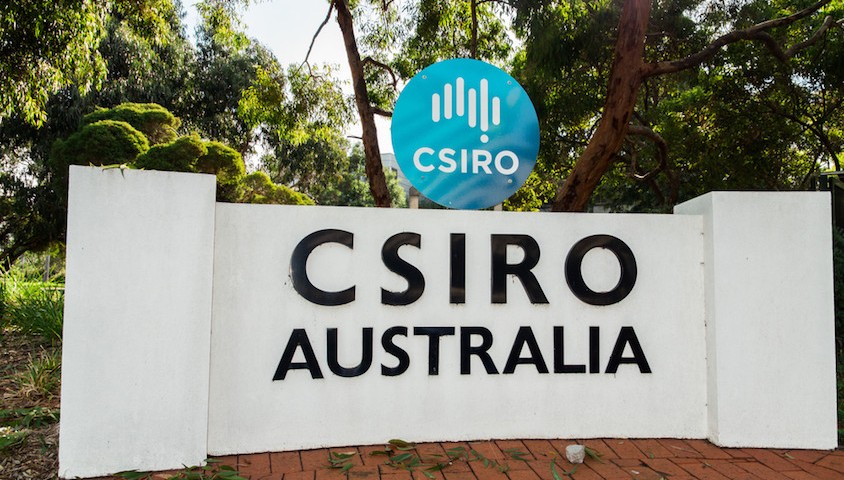In recent weeks, the CSIRO announced a significant restructure, with chief executive Dr Larry Marshall going on to confirm that the biggest changes would occur in climate research departments. More specifically, 65 jobs will disappear altogether from the Oceans and Atmosphere Division, while 350 will be ‘changed’. The restructure aims to allow the organisation to focus more on the development of new technologies.
An internal email from Marshall was circulated among CSIRO staff before being leaked to The Guardian, in which the former Silicon Valley entrepreneur stated that the question about the existence of climate change ‘had been answered’, and that resources would be better spent on finding mitigation solutions. These comments have caused consternation within the CSIRO, prompting some employees to speak candidly to the media regarding their own opinions, with one unnamed scientist asking: “Who is he to declare that climate change is answered?”
Public criticism of the plan has also been mounting, forming a backlash that has prompted Marshall to become increasingly obdurate. More recently he made the statement that “early climate scientists in the ’70s fighting against the oil lobby” and that the emotion surrounding the debate “almost sounds more like religion than science”. He’s since gone on to qualify that particular sentiment further, but remains adamant that the strategy behind the CSIRO’s restructure is a sound one.
The CSIRO has been undertaking critical research into the world’s climate that has significance on a global level, which is why the discussion has become an international one. The majority of the experts involved in the debate are scientists themselves and are likely to believe tt’s simple enough to remove the ’emotion’ Marshall’s so concerned about from their discussion while still maintaining their opinions on it. The general feeling is that Marshall’s notion, that questions regarding the existence of climate change have been ‘solved’, is in itself a tenuous position to hold, and certainly shouldn’t be used as a justification for shutting down avenues of ongoing research.
On a very fundamental level, it doesn’t make sense to focus on creating solutions to climate change if you no longer have the means to measure whether your solutions have the desired effect. And while chief scientist Alan Finkel has stated that Australia has the capacity to meet its obligations to the international climate research community outside of the CSIRO, this doesn’t soften the character of Marshall’s rhetoric and the insight they provide.
Changes within the CSIRO can be easily justified as good business practice; Marshall thinks the CSIRO must focus on generating technologies that can be commercialised, while cutting roles that are seen to only generate costs. In this light, we might assume his mandate is to treat the organisation like a business, rather than the federal agency that it is. Perhaps more worrying is the fact that an increasing number of people and politicians alike believe government agencies should be run like businesses – putting profits before people and, in this case, before the climate.
As of today, nearly 3000 scientists from the climate community have signed an open letter to the Australian government and the CSIRO in response to the proposed changes and cuts. If that figure can be taken as evidence of the general sentiment regarding Marshall’s strategy, then he would be well advised to frame any future discussion around facts and figures rather than the sentiments of his detractors.


